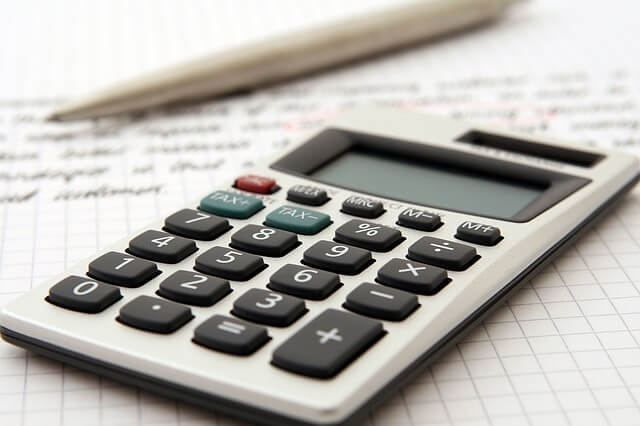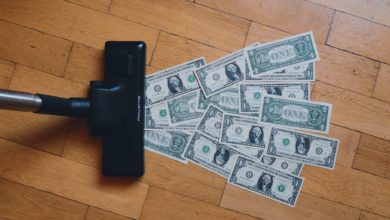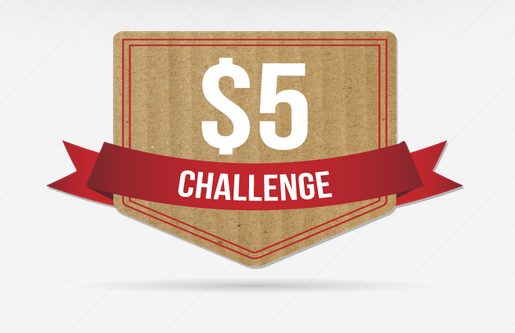3 Things to Question Before Opening a Bank Account


Not so fast. You’re credit score is being checked by a bank before it allows you to open even a simple savings account. The bank wants to make sure you manage your credit well and that you won’t cost them money as a customer. It doesn’t want new customers, or any customers, to abuse overdraft privileges, have an unpaid negative balance, or have fraudulent activity on previous accounts.
Without at least decent credit, you may be denied service or asked to add a spouse or other family member to your account who has good credit.
Or it may offer you an account and a credit card, but the interest rate on the credit card will be a lot higher than it would be if you had good credit.
But applying for a credit card is another issue entirely. Opening a savings or checking account has its own problems if you don’t look out for them. Here are three things to check on before and while opening a bank account:
Is the credit data accurate?
In a recent report on the most common types of bank account complaints, the Consumer Financial Protection Bureau found that consumers frequently complained about consumer and credit reporting data used in screening for new accounts.
“Consumers complained that they learned for the first time of negative reporting information when they attempted to open a new deposit account,” the CFPB said in a press release.
Consumers also complained about having problems fixing errors on their reports that may have prevented them from opening an account.
Before going to a bank, check your credit score for free at one of the three major credit reporting agencies: Equifax, Experian and TransUnion. Or go to AnnualCreditReport.com for a free report every four months from each agency.
If you see any errors, fix them by writing the credit agencies. And if there aren’t any errors but your credit is still bad, start working on improving your credit score.
How much are overdraft fees on bank account?
Confusion about when money from a deposit is available was another big complaint to the consumer agency.
When a bank holds a check for a long time — even a few days — that can be frustrating when you need the money. It can be especially frustrating if you’re charged an overdraft fee because the check wasn’t credited to your account before a check you wrote based on the expected balance cleared.
What to do? Ask how much these fees are before you open an account, and exactly how much time is required for a deposit to be credited to your account. Are there steps you can take to avoid a fee, such as opening a linked checking account or making automatic deposits from your paycheck?
Once you open an account, keep a keen eye out for overdraft fees or other charges on your monthly statement and dispute them if you think they’re incorrect.
How are bank account errors resolved?
Checking for bank errors is one thing. Disputing them may be a lot more difficult.
The CFPB found that consumers frequently complained about the error resolution process for their deposit accounts. If an unauthorized transaction occurred or they believed they were a victim of fraud, then a bank’s response time was long.
Also, a provisional credit — where a temporary credit is applied to your account while a transaction is disputed — sometimes wasn’t provided, the CFPB found. That can leave you paying for the error or fraud until it’s fixed.
A bank account can be a smart place to deposit your paycheck, pay bills from and can help keep your financial life in order. But if you don’t do your homework before opening an account, you could face more problems than necessary in an effort to not be “unbanked” anymore.





Thanks Aaron! I am informing my brother who is opening a bank account on these. I’ll let him know these questions.